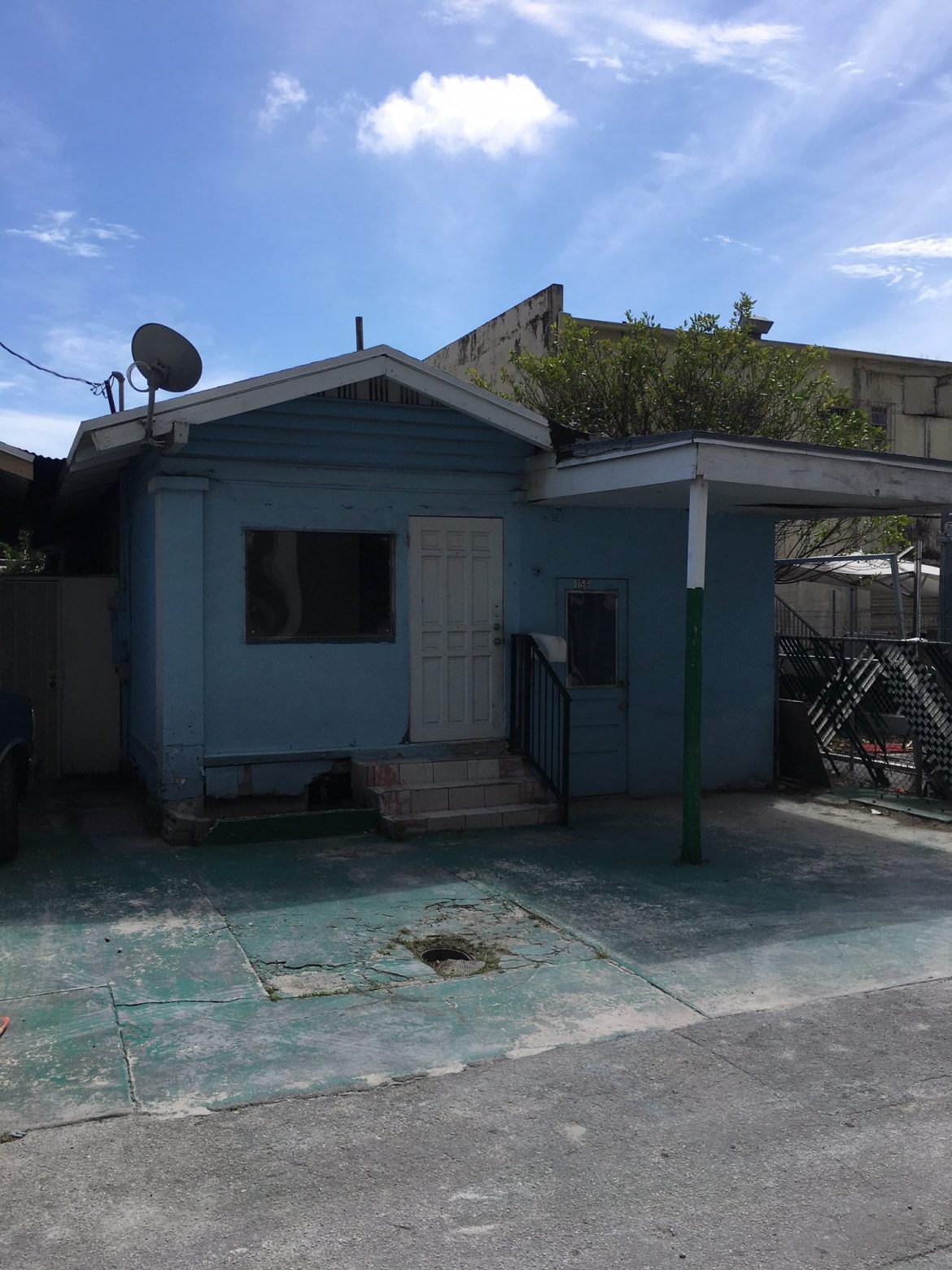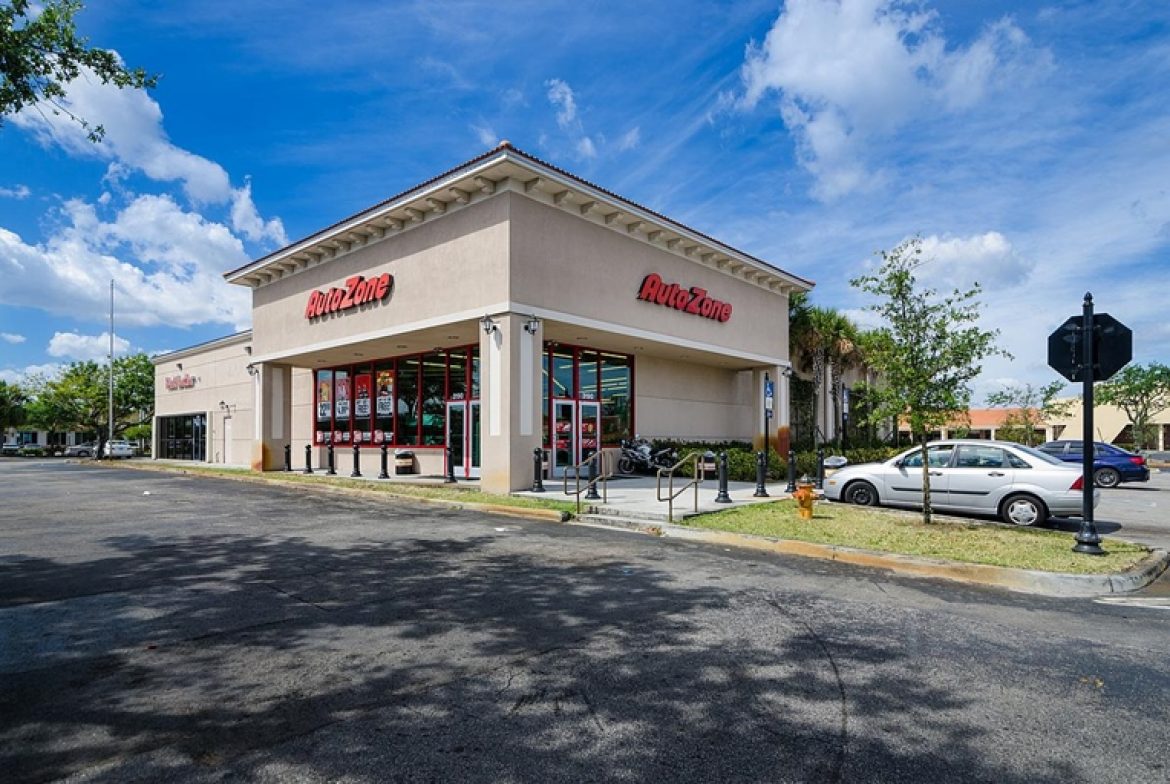
Health-centered communities, neighborhoods where millennials, baby boomers, technological advances, and new health care delivery models all converge, can be the blueprint of urban and suburban planning even in the age of COVID-19 and especially post-COVID-19, says Dennis Frenchman, Director of the MIT Center for Real Estate and the Class of 1922 Professor of Urban Design and Planning.
“Baby boomers are looking for convenient, affordable, aging-in-place health care options. Millennials, meanwhile, are pursuing physical environments that support their well-being and community-centric values,” Frenchman tells GlobeSt.com. “Our goal is to provide a blueprint for how to navigate these complex and profound demographic and cultural shifts taking shape throughout our society.”
Frenchman and his colleague, Stanley Shaw, plan on offering the course, Developing Health-Centered Communities: The Next Revolution.” in Real Estate in the Fall.
Baby boomers are aging and healthcare is foremost on their mind while most millennials are trying to lead healthy lifestyles by eating healthy foods and leading active social lives.
“These two generations are colliding in terms of health and wellness,” observes Frenchman.
Another plus to these communities for baby boomers how older buildings relate to their health.
“Living and working in an older, poorly ventilated building can negatively contribute to your health and longevity,” explains Frenchman. “If you have better quality air, sunlight and an overall healthy environment, landlords and developers can get premium rents.”
For these and other reasons, millennials are now suggesting their parents move to a health-centered community where parents can age in place instead of assisted-living facilities. As a result, the younger generation has more contact with the older generation, Frenchman says.
These communities tend to feature health centers in addition to the ubiquitous clubhouse. The developers also encourage walking around the community instead of driving everywhere. Instead of flattening hills, developers keep them intact to promote more exercise and movements.
“Health-centered communities also feature bike trails, social opportunities, horse stables and wellness programs,” says Frenchman. “Developers who offer these products will garner a lot of interest from all age groups.”
COVID-19
People are naturally social animals and the coronavirus has thrown a wrench in attending or hosting social events. In this age of social distancing however, healthy-centered communities can easily adapt to not interacting or engaging at any given time.
“Technology will solve some of the need but not necessarily all. However, it can work for a period of time,” explains Frenchman. “With digital technology, and in a health-centered community, patients are monitored remotely in their own environment. They can actually monitor their own oxygen, pollutants, carbon monoxide, etc. These tests are important for many reasons but it also shows you the physiological response of people as they live on their own environment.”
Frenchman believes these health-centered communities are simply a better way of living.
“There are less ER visits and less hospital stays,” says Frenchman. “Encouraging people to use their body and minds and overall just take care of themselves in this age of COVID-19 is always a good thing and it can also result in profits.”
Source: GlobeSt.

